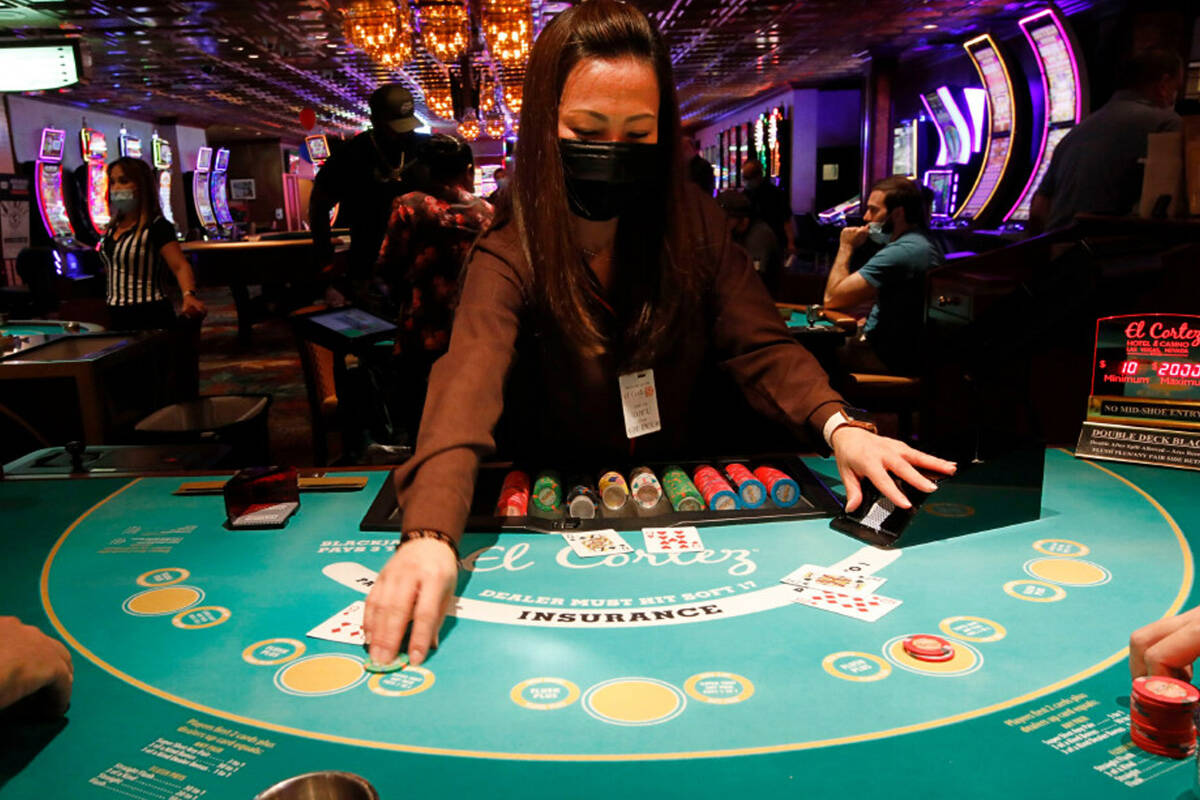
Casino entertainment have long been a staple in human culture, delivering not just entertainment but a intriguing reflection of our dreams, ambitions, and anxieties. From the rotating wheels of a slot machine to the skill-based strategies of poker, these games represent a range of human sentiments and events. At their core, casino games are not just a chance to earn cash; they are a snapshot of life itself, where risk versus reward intertwine and fate can change in an instant.
As players assemble around tables or sit in front of vibrantly illuminated machines, they participate in a ceremony that transcends mere gambling. These games echo our innate desires for relationships, excitement, and the pursuit of luck. They also disclose deeper truths about human psychology, such as our relationship with chance and the thrill of uncertainty. In exploring casino games, we uncover not only the rules of play but also the complex weave of the human journey, showcasing our intertwining narratives of hope and reality.
The Psychology of Gambling
Wagering is intrinsically connected in human psychology, appealing to various emotions and wants. The thrill of risk-taking is a core aspect that draws players in, be it the thrill of spinning a roulette wheel or the excitement of drawing a winning card in a poker game. This adrenaline is often compared to other forms of excitement, as the unpredictability of outcomes triggers a distinct psychological response. Gamblers often become captivated by the chance of striking it rich, leading to an almost magnetic draw toward gambling games.
Another, a crucial component of the psychology behind gambling is the concept of optimism and aspiration. Participants often indulge in dreams of financial freedom and the luxurious lifestyle that can accompany winning. This optimism fuels their continued participation in casino games, as it provides a sense of purpose and the belief that a transformative win could be just one wager away. The narrative of beating the odds and finding success resonates with many, reinforcing their dedication to play and engage with these games.
Lastly, social dynamics play a crucial role in gambling psychology. Kèo vip Gambling venues are designed to promote social interaction, where players gather to share the experience of wins and losses. This shared aspect not only amplifies enjoyment but also affects behavior, as individuals often imitate the actions of others around them. The social validation found in mutual thrill can enhance the emotional experience, making casino games a mirror of not just personal desires but also shared involvement within the gambling community.
### Risk and Reward: A Double-Edged Sword
Gambling activities embody the subtle balance between risk and reward that resonates deeply with human psychology. The excitement of placing a bet is often accompanied by a rush of adrenaline, as gamblers are confronted with the chance of a huge payout, yet fully aware of the risk to suffer losses. This twofold experience reflects a core aspect of life: the choices we make often come with built-in risks, and the quest for benefit can drive us to take chances we might not otherwise consider. In this way, gambling activities reflect real-world decisions, enticing gamblers to risk not just their money, but also their hopes.
The allure of grand jackpots and payouts fuels a wave of hope, inspiring gamblers to imagine a more promising future that could manifest from a lucky spin of the wheel or dealing of a hand. This hope can motivate individuals to engage in greater risks, encouraging them to extend their limits in search of monetary success. However, just as in life, the results of these decisions can lead to both triumph and loss. The narratives of both big winners and those who have suffered everything at the casino demonstrate the chaotic nature of chance and its consequential effect on our existence.
Ultimately, the interaction of engaging with gambling activities serves as a strong reminder of the nature of humanity. Every game played is loaded with the tension of uncertainty, as gamblers weigh the rewards against the dangers. This dynamic not only highlights the excitement that comes with gambling but also unveils the risks that come with the longing for more. As we explore the challenges of choice and consequence in both the gambling world and in life, we find that the quest for gain shapes our sense of self and lives in significant manners.
Culture and Solitude in Gambling Environment
Casino culture is a unique blend of communal interaction and individual pursuit, reflecting the tensions of human experience. Players often come together around tables, sharing in the thrill of the game, celebrating wins, and sympathizing over losses. This social aspect is crucial, as it creates a sense of belonging and bonding among varied groups of people. Regular attendees to casinos may build friendships and establish routines, turning the casino into a alternative home where they experience connected to a greater community of players.
However, the appeal of gambling games can also result to isolation. As individuals become engrossed in the thrill of playing, they may isolate from personal relationships or neglect to interact with the world outside the casino. For some, the pursuit of a windfall can overshadow real relationships, leading to loneliness. The experience of being among people yet experiencing solitary is not uncommon, as the focus shifts from shared enjoyment to the individual concerns of each player’s path.
This interplay of community and isolation creates a rich mosaic that defines gaming atmosphere. It showcases the intricacy of human interactions, where joy and despair coexist. Casinos serve as both a sanctuary for social engagement and a stage for individual struggles, demonstrating how intimately entwined our desire for connection and the individual quest for fortune can be. In navigating this landscape, players confront their own narratives—seeking both the thrill of the game and the fellowship of other gamblers, ultimately reflecting the broader spectrum of individual experience.
